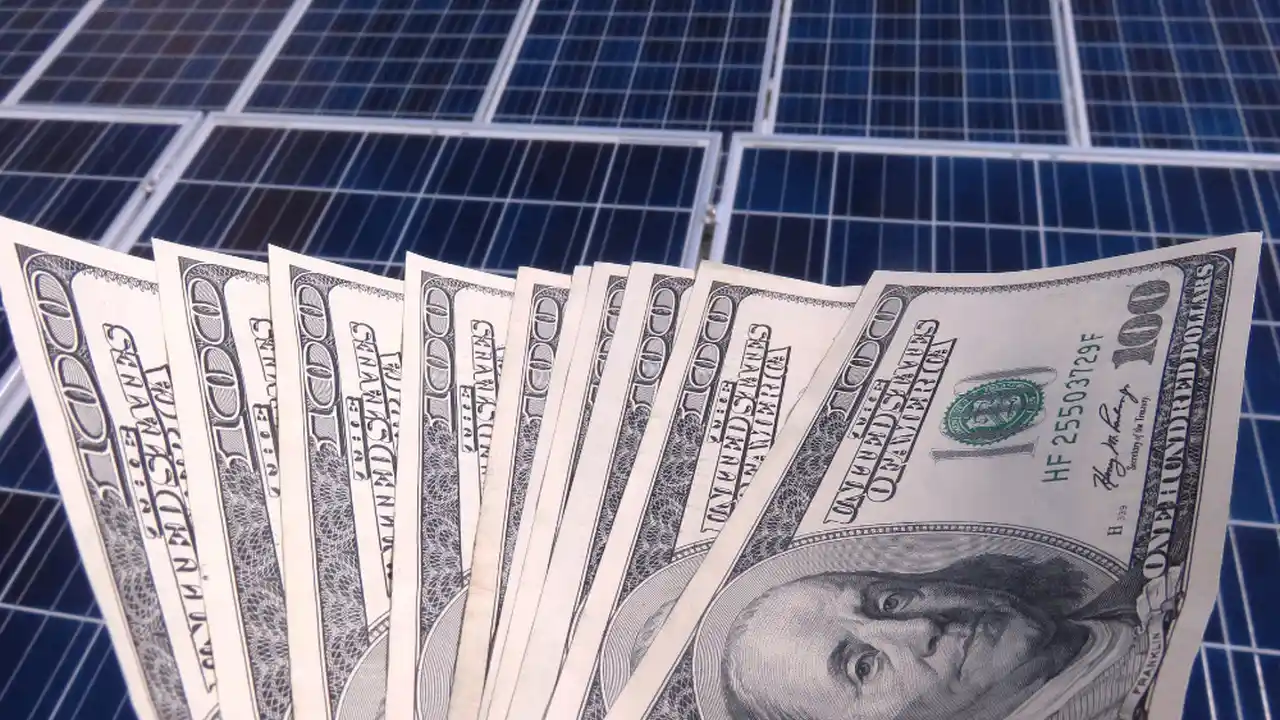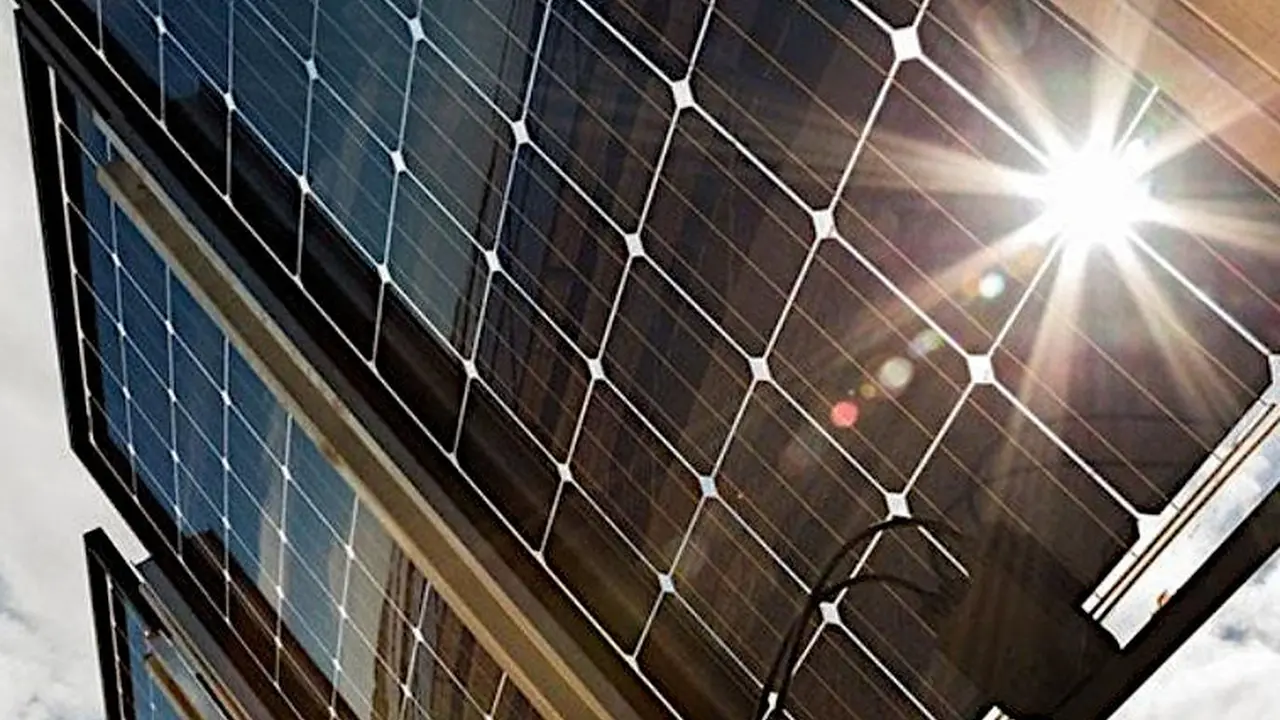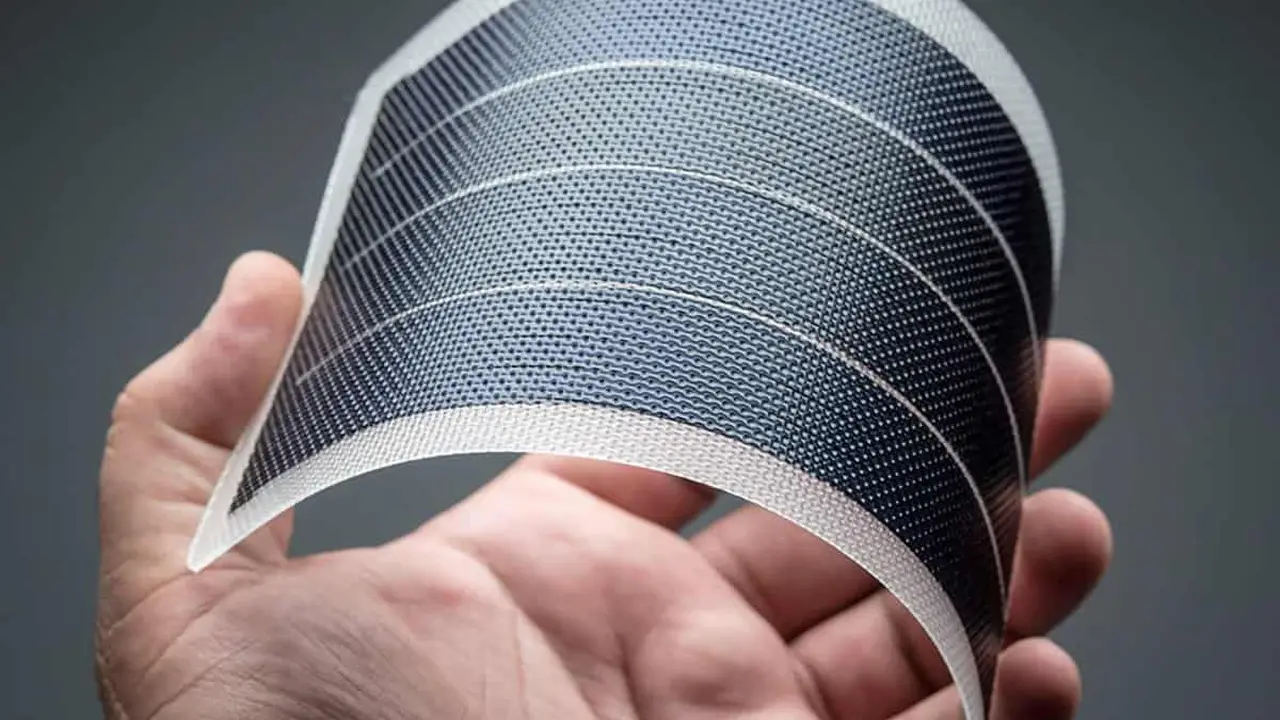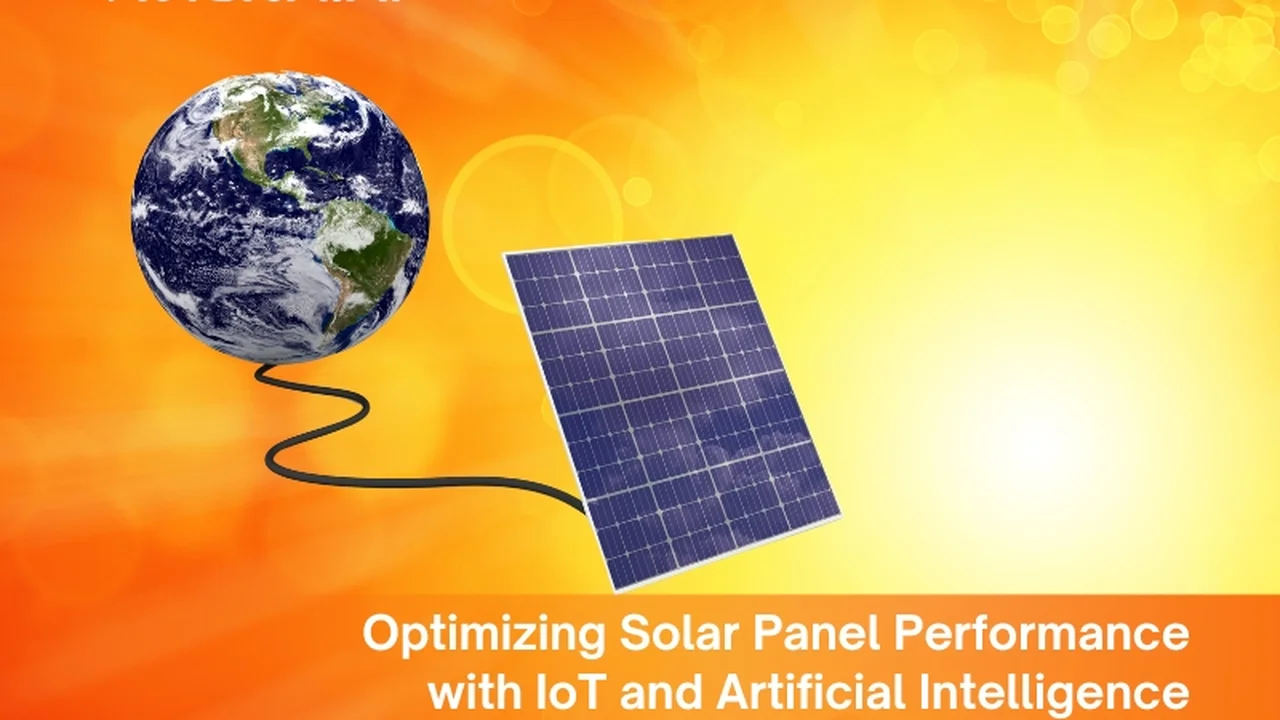Solar Panel Warranties: Understanding Your Coverage
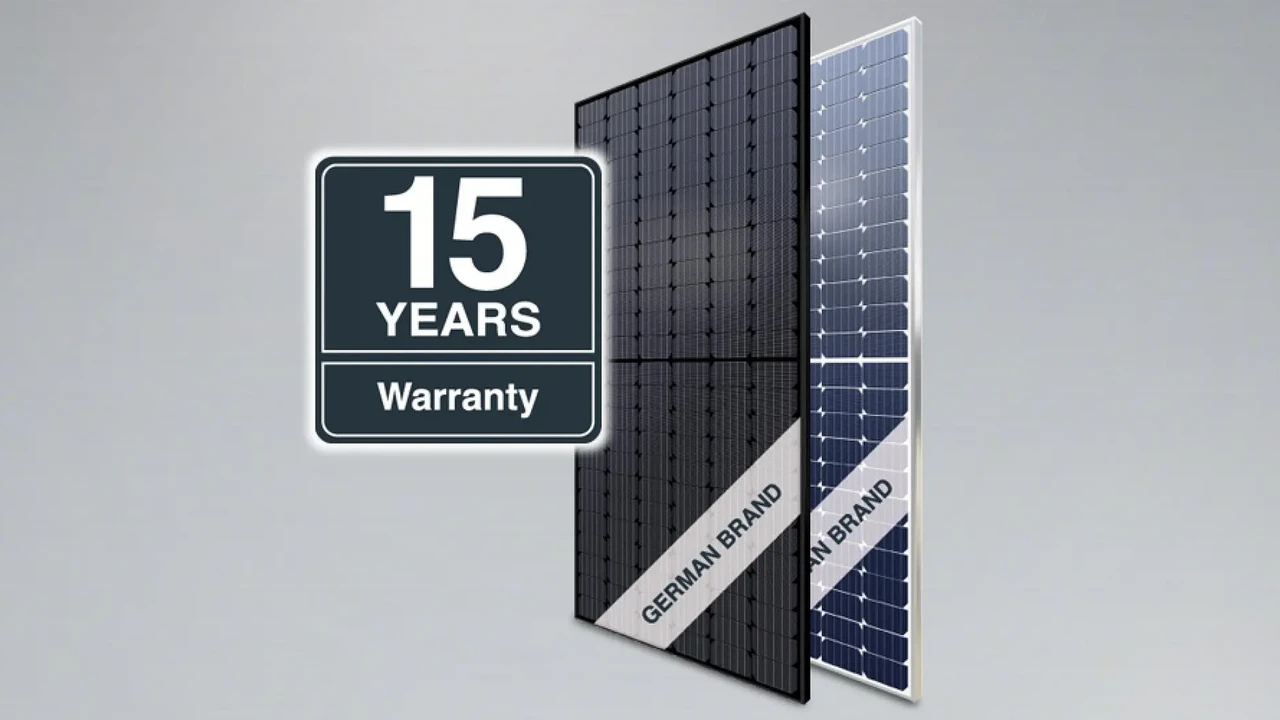
Understanding Solar Panel Warranties: Protecting Your Investment
So, you're thinking about going solar? Awesome! That's a smart move for your wallet and the planet. But before you jump in, let's talk about something kinda boring but super important: solar panel warranties. Think of them as your safety net, protecting you from unexpected costs down the line. This isn't just about the panel itself; it's about the entire system's performance and longevity.
Essentially, a solar panel warranty is a guarantee from the manufacturer that their product will perform as expected for a certain period. It's like insurance against defects or underperformance. Without a good warranty, you could be stuck paying out of pocket for repairs or replacements if something goes wrong. And trust me, those costs can add up quickly.
Types of Solar Panel Warranties: Performance vs Product Warranties Explained
There are two main types of warranties you'll encounter: performance warranties and product warranties. Knowing the difference is crucial.
Product Warranties: Covering Manufacturing Defects and Material Issues
A product warranty, also known as a materials warranty, covers defects in the manufacturing or materials of the solar panel. This means if your panel arrives cracked, has faulty wiring, or starts to delaminate (the layers separating), the product warranty will likely cover the repair or replacement. Most product warranties last between 10 and 25 years. A longer warranty usually indicates higher confidence in the panel's build quality and durability. Pay close attention to the details; some warranties only cover specific defects, while others offer broader protection. Read the fine print!
Performance Warranties: Guaranteeing Power Output Over Time
A performance warranty guarantees that your solar panel will produce a certain percentage of its original power output over a specified period. Solar panels naturally degrade over time, typically losing a small percentage of their power output each year. A typical performance warranty guarantees that the panel will produce at least 80% of its original power output after 25 years. This is a critical factor to consider, as it directly impacts your long-term energy savings. A higher guaranteed performance level at the end of the warranty period is generally preferable. Look for warranties that offer linear degradation guarantees, as these provide more predictable performance expectations over the lifespan of the panels.
Key Factors to Consider When Evaluating Solar Panel Warranties: Degradation Rates, Transferability, and More
Okay, so you know the types of warranties. Now, let's dive into the factors that make a warranty truly valuable.
Degradation Rate: Understanding the Annual Power Loss
The degradation rate is the percentage of power your solar panel is expected to lose each year. A lower degradation rate means your panels will maintain a higher power output for longer, maximizing your energy savings. Look for panels with degradation rates of 0.5% or less per year. This seemingly small difference can have a significant impact over the 25+ year lifespan of the panels. Pay close attention to the manufacturer's claims and look for independent verification of these figures.
Warranty Transferability: Can You Pass It On?
If you sell your home, can the new owner inherit the remaining warranty coverage? A transferable warranty adds value to your home and provides peace of mind for potential buyers. Not all warranties are transferable, so be sure to check the terms and conditions. This is especially important if you anticipate moving within the next 25 years. A transferable warranty can be a significant selling point when you eventually put your house on the market.
Labor Costs Coverage: Who Pays for the Installation?
Does the warranty cover the cost of labor for removing and reinstalling the panels if they need to be repaired or replaced? Labor costs can be substantial, so this is a crucial factor to consider. Some warranties only cover the cost of the replacement panel itself, leaving you responsible for the labor. Be sure to clarify this point with the installer or manufacturer. A comprehensive warranty will cover both the cost of the replacement panel and the associated labor costs.
Company Stability: Will They Be Around to Honor the Warranty?
The best warranty in the world is useless if the manufacturer goes out of business. Choose panels from reputable companies with a proven track record and a strong financial standing. Do your research and look for companies that have been in the solar industry for many years. A company's longevity is a good indicator of its commitment to the industry and its ability to honor its warranty obligations. Check online reviews and financial reports to assess the company's stability.
Recommended Solar Panel Brands and Models with Excellent Warranties: A Buyer's Guide
Alright, let's get down to specifics. Here are a few solar panel brands and models known for their excellent warranties:
REC Group: TwinPeak Series - High Performance and Reliability
REC Group is a Norwegian-Singaporean manufacturer known for its high-quality panels and strong warranties. Their TwinPeak series offers a product warranty of 20-25 years and a performance warranty guaranteeing at least 86% of original power output after 25 years. They are a great choice for residential and commercial applications. REC panels are known for their durability and performance in various climates. The TwinPeak series also features a split-cell design, which improves performance in shaded conditions.
Typical Use Case: Residential rooftops, commercial buildings
Comparison: Compared to other premium brands like SunPower, REC offers a similar level of performance and warranty coverage at a slightly more affordable price point.
Price Range: $2.50 - $3.00 per watt
Panasonic: EverVolt Series - A Trusted Brand with Comprehensive Coverage
Panasonic is a well-established brand with a long history of manufacturing high-quality electronics. Their EverVolt series offers a comprehensive 25-year product and performance warranty. This warranty covers both the cost of the panel and the labor for removing and reinstalling it, which is a significant benefit. Panasonic panels are known for their reliability and efficiency. The EverVolt series is a popular choice for homeowners who want a premium product with excellent warranty coverage.
Typical Use Case: Residential rooftops, especially homes with high energy consumption
Comparison: Panasonic's EverVolt series offers a more comprehensive warranty than many other brands, including coverage for labor costs. However, they tend to be more expensive than REC panels.
Price Range: $3.00 - $3.50 per watt
LG: NeON Series (Now Discontinued but Still Relevant for Existing Installations) - Legacy of Quality
While LG has exited the solar panel manufacturing business, their NeON series panels were known for their exceptional quality and warranties. If you have LG NeON panels installed, your warranty is still valid and will be honored. These panels offered a 25-year product and performance warranty, guaranteeing a high power output after 25 years. LG NeON panels were a popular choice for homeowners who wanted the best possible performance and reliability. Even though they are no longer being manufactured, they remain a testament to LG's commitment to quality and innovation.
Typical Use Case: Legacy residential installations
Comparison: LG NeON panels were often compared to SunPower panels in terms of performance and warranty coverage. However, they were generally more affordable.
Price Range: N/A (Discontinued)
Q CELLS: Q.PEAK DUO Series - Value and Performance
Q CELLS is a German-Korean manufacturer that offers a good balance of performance and affordability. Their Q.PEAK DUO series offers a 25-year product warranty and a 25-year performance warranty guaranteeing at least 85% of original power output after 25 years. Q CELLS panels are a popular choice for homeowners who are looking for a reliable and cost-effective solar solution. The Q.PEAK DUO series features half-cut cell technology, which improves performance in shaded conditions. They are also known for their resistance to PID (Potential Induced Degradation), a common issue that can affect solar panel performance over time.
Typical Use Case: Residential rooftops, commercial buildings, solar farms
Comparison: Q CELLS offers a good balance of performance and affordability compared to other brands like REC and Panasonic. Their warranties are also competitive.
Price Range: $2.00 - $2.50 per watt
Understanding the Fine Print: What's Excluded from Solar Panel Warranties?
Okay, let's be real. Warranties aren't magic wands. There are certain things they typically *don't* cover. Knowing these exclusions is just as important as understanding the coverage.
Acts of God: Natural Disasters and Unforeseen Events
Most warranties exclude damage caused by natural disasters such as hurricanes, tornadoes, earthquakes, floods, and hailstorms. These events are generally considered "acts of God" and are beyond the control of the manufacturer. It's important to note that homeowners insurance may cover damage caused by these events, so be sure to review your policy.
Improper Installation: Professional Installation is Key
If your solar panels are not installed correctly, the warranty may be voided. This is why it's crucial to hire a qualified and experienced solar installer. A professional installer will ensure that the panels are installed according to the manufacturer's specifications, which is essential for maintaining warranty coverage. Be sure to keep records of the installation process, including permits, inspections, and installer certifications.
Neglect and Abuse: Taking Care of Your Investment
Warranties typically don't cover damage caused by neglect or abuse. This includes things like intentionally damaging the panels, using harsh chemicals to clean them, or allowing vegetation to grow over them. Regularly inspect your solar panels for any signs of damage or debris. Clean them gently with water and a soft brush if necessary. Keep vegetation trimmed back to prevent shading.
Unauthorized Modifications: Don't Tinker!
Making unauthorized modifications to your solar panels can void the warranty. This includes things like altering the wiring, adding aftermarket components, or disassembling the panels. If you need to make any changes to your solar system, consult with a qualified solar professional first. They can advise you on whether the changes will affect your warranty coverage.
Maximizing Your Solar Panel Warranty: Tips for Protecting Your Investment
So, how can you make sure you get the most out of your solar panel warranty? Here are a few tips:
Keep Detailed Records: Documentation is Your Friend
Keep all documentation related to your solar panel system in a safe place. This includes the warranty documents, installation contracts, permits, and inspection reports. These documents will be essential if you ever need to file a warranty claim. Consider creating a digital copy of these documents and storing them in a secure location.
Regularly Monitor Performance: Track Your Energy Production
Monitor the performance of your solar panel system regularly. Most inverters have monitoring systems that allow you to track your energy production. If you notice a significant drop in performance, contact your installer or the manufacturer to investigate. Early detection of problems can prevent more serious issues down the line.
Schedule Regular Maintenance: Keep Your System in Top Shape
Schedule regular maintenance for your solar panel system. This may include cleaning the panels, inspecting the wiring, and checking the inverter. A qualified solar professional can perform these tasks and identify any potential problems before they become major issues. Regular maintenance can help extend the life of your solar panels and ensure that they continue to perform optimally.
Communicate with Your Installer: They're Your Point of Contact
Maintain open communication with your solar installer. They are your primary point of contact for any warranty-related issues. If you have any questions or concerns, don't hesitate to reach out to them. They can provide guidance and assistance with filing a warranty claim if necessary.
Ultimately, understanding your solar panel warranty is crucial for protecting your investment. By taking the time to research different warranties and following these tips, you can ensure that your solar panel system provides you with years of reliable and cost-effective energy.
:max_bytes(150000):strip_icc()/277019-baked-pork-chops-with-cream-of-mushroom-soup-DDMFS-beauty-4x3-BG-7505-5762b731cf30447d9cbbbbbf387beafa.jpg)



